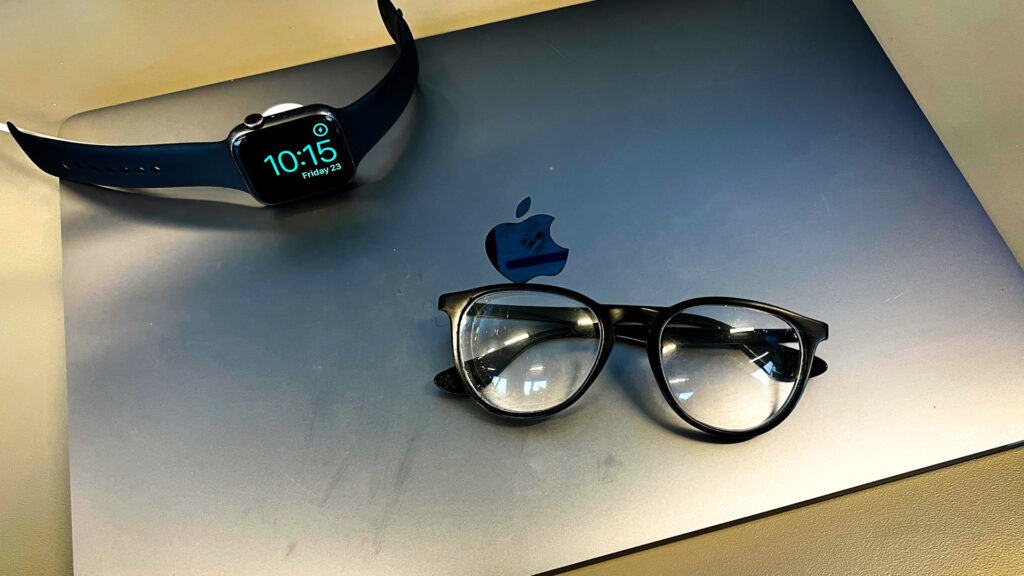Apple is accelerating development of its first smart glasses, targeting a late 2026 release as part of a broader push into artificial intelligence hardware, Bloomberg reported on Thursday, May 22. The device is expected to rival Meta’s Ray-Ban smart glasses, packing built-in cameras, microphones and speakers for hands-free, Siri-powered functions.
Apple plans to begin large-scale prototype production with overseas suppliers by the end of 2025. Internally, the project has shifted from its original code name “N50” to a broader AI wearables category labeled “N401,” representing Apple’s AI wearables initiative.
What will Apple’s smart glasses do?
According to Bloomberg, the glasses will support phone calls, music playback, turn-by-turn navigation and live language translation. The device will also analyze its surroundings and respond to Siri voice commands. A new proprietary chip is reportedly in the works to power the experience.
While Apple still intends to launch fully augmented reality glasses, that version is still years away. A source familiar with the project said the first model will match Meta’s features — but with better build quality.
What happened to the Apple Watch camera?
Despite the smart glasses push, Apple scrapped plans for a camera-equipped Apple Watch. Bloomberg reported Apple aimed to launch visual recognition features in the Apple Watch and Watch Ultra by 2027, but ended the effort this week.
Apple is still developing other camera-integrated wearables, including updated AirPods to better perceive and interact with the user’s environment.
How does this fit into Apple’s AI strategy?
Apple’s hardware expansion comes as competition in AI hardware heats up. OpenAI, led by Sam Altman, recently acquired a startup founded by former Apple designer Jony Ive. The company plans to launch its own AI devices in 2026. Meta and Google are also investing heavily in smart glasses, with Google partnering with Samsung and Warby Parker on Android-based models.
Apple has faced criticism for lagging behind in AI features. The Apple Intelligence platform, launched last year, lags behind tools like ChatGPT and Google Gemini. However, Apple plans to open its large language models to third-party developers, potentially expanding AI capabilities across the App Store.
Despite recent setbacks, Apple remains committed to wearable AI. Updated versions of its Vision Pro headset are still in development.
contributed to this report.


